The film was shot on location at Martha's Vineyard, Massachusetts, and had a troubled production, going over budget and past schedule. As the art department's mechanical sharks suffered many malfunctions, Spielberg decided to mostly suggest the animal's presence, utilizing representative props and an ominous yet subdued theme created by composer John Williams to indicate the shark's impending appearances. Responding to the film's success in advance screenings, Universal Pictures executives decided to distribute it in a much wider release pattern than originally envisioned, accompanied by an extensive marketing campaign with much focus on television spots and tie-in merchandise.
Jaws was critically acclaimed on its release, and it became the highest-grossing film in history to that point. It won many awards, mostly for its soundtrack, and is widely regarded as one of the greatest films of all time. Along with 1977's Star Wars, it is considered to have cemented the notion that, to maximize profit, major film studios should distribute their top action and adventure pictures—their tentpole films—during the summer months and open them in wide release. Jaws was followed by three sequels, none with the participation of Spielberg or Benchley.
Jaws was critically acclaimed on its release, and it became the highest-grossing film in history to that point. It won many awards, mostly for its soundtrack, and is widely regarded as one of the greatest films of all time. Along with 1977's Star Wars, it is considered to have cemented the notion that, to maximize profit, major film studios should distribute their top action and adventure pictures—their tentpole films—during the summer months and open them in wide release. Jaws was followed by three sequels, none with the participation of Spielberg or Benchley.




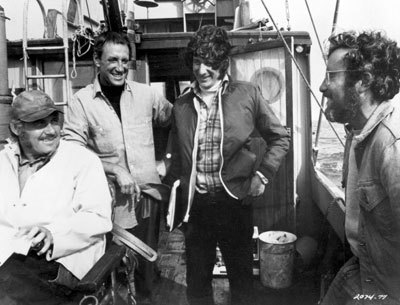

,_1975,_by_Steven_Spielberg.jpg)

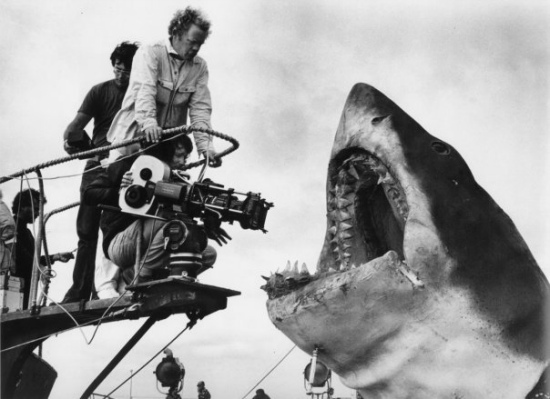

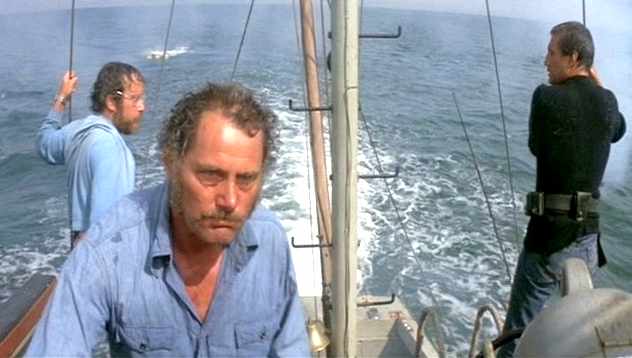

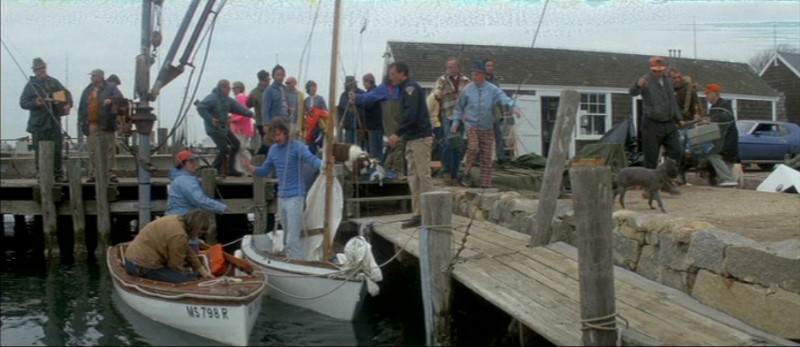
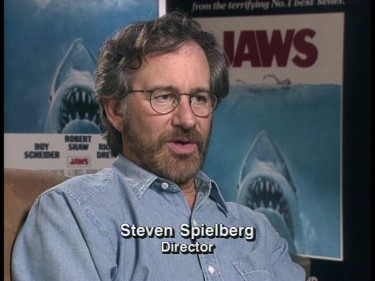



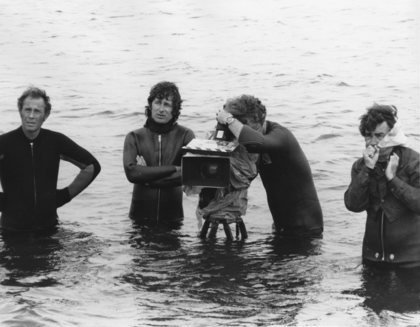
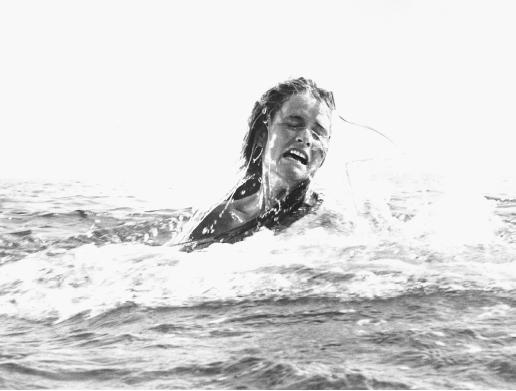

No comments:
Post a Comment